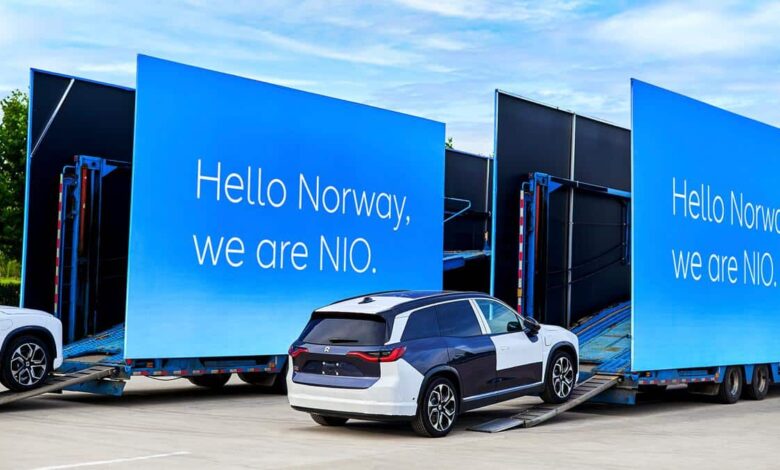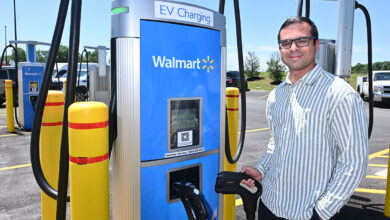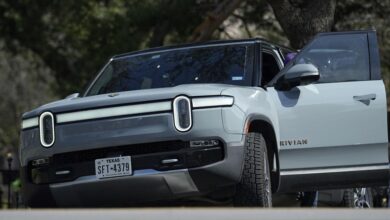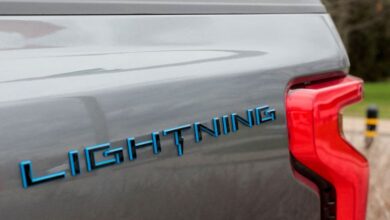Norway won’t join EU on Chinese EV tariffs

Norway, a pioneer in electric vehicle adoption, will not align with the EU’s decision to impose higher tariffs on Chinese electric cars, according to Finance Minister Trygve Slagsvold Vedum.
– Advertisement –
“Introducing tariffs on Chinese cars is neither relevant nor desirable for this government,” Vedum emailed Bloomberg.
With the highest density of electric vehicles globally, Norway saw 24% of its cars being electric last year, and over 80% of new vehicles sold in 2022 were EVs, as reported by Statistics Norway.
– Advertisement –
According to The Norwegian Road Federation (OFV), more than 12% of EVs imported into Norway come from Chinese manufacturers, a figure that includes Polestar but excludes Volvo Car vehicles.
Norway, which is not part of the European Union, was the first European market for many Chinese EV startups. Nio entered Norway in May 2021, a year before officially launching in the EU. Xpeng launched in Norway even earlier, in 2020. Norway is also home to some Chinese brands that are very rare in Europe, such as Dongfeng’s brand Voyah, which has been selling its SUV Free there since 2022.
Xpeng sold 67 cars, and Nio sold 66 cars in Norway in May. For comparison, Tesla sold 830 EVs in the same month, while Volkswagen sold 1,372 units of its electric ID. series.
– Advertisement –
The China EV leaders in Norway are SAIC and Geely Group. MG delivered 497 EVs in Norway last month. MG, a former British brand, belongs to state-owned SAIC, which has been subjected to an additional 38.1% tariffs in the EU since July 4, on top of the 10% tariffs already in place. Polestar, which is Geely Group owned, sold 328 EVs in May. All MG and Polestar EVs are China-made.
The UK, another European non-EU member, hasn’t yet hinted if it will follow EU policy on hiking tariffs on China-made EVs.
On June 12, the European Commission (EC) concluded that China-made EVs benefit from unfair state subsidies. As a result, EC announced additional import duties on China-made EVs ranging from 17.4% to 38.1%, depending on the automaker.



